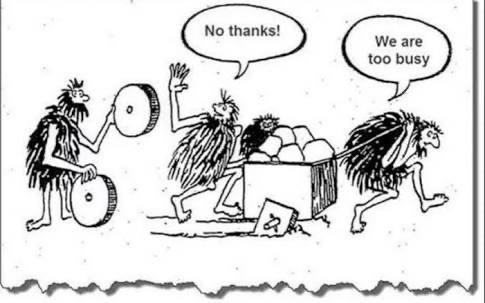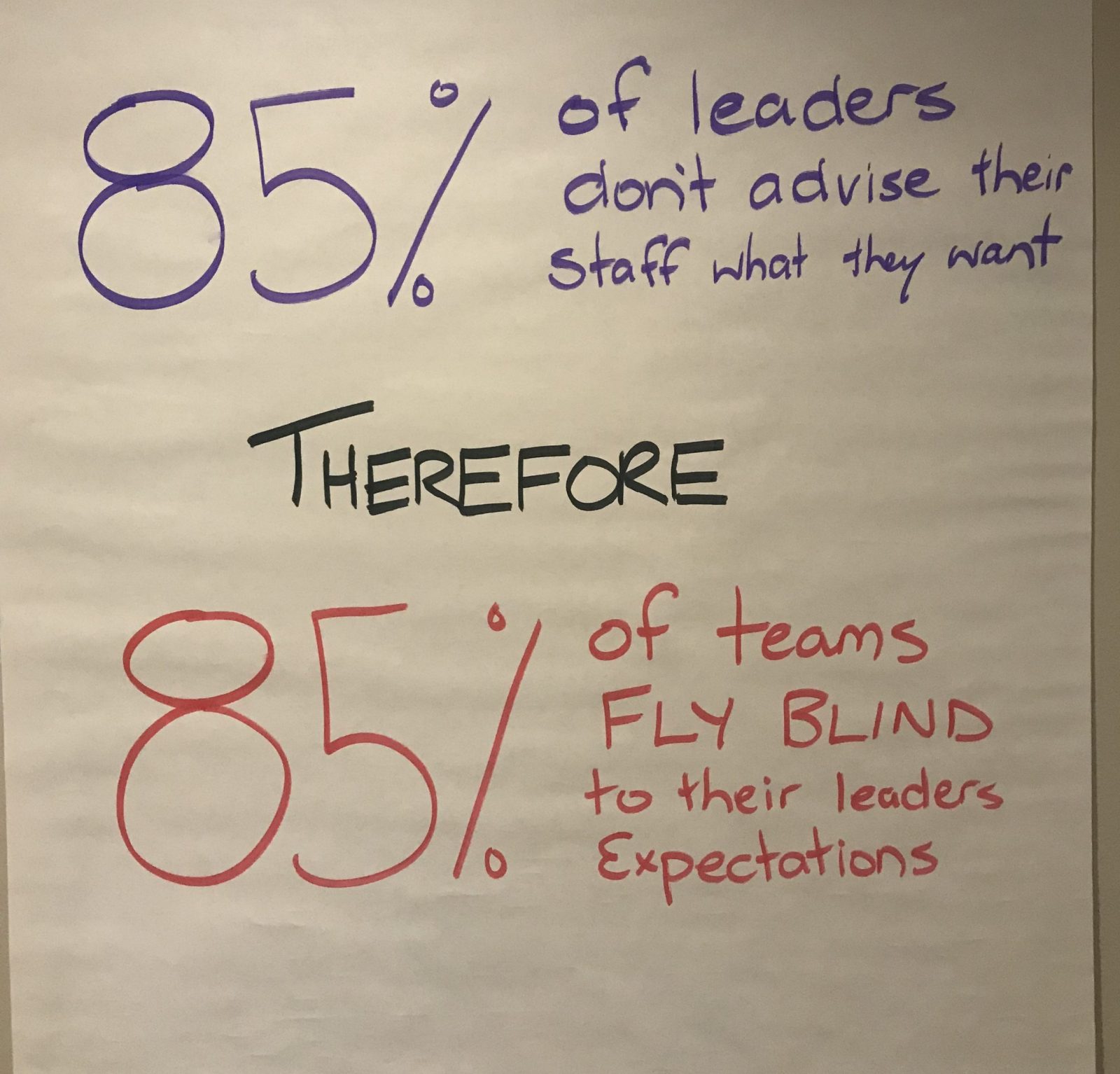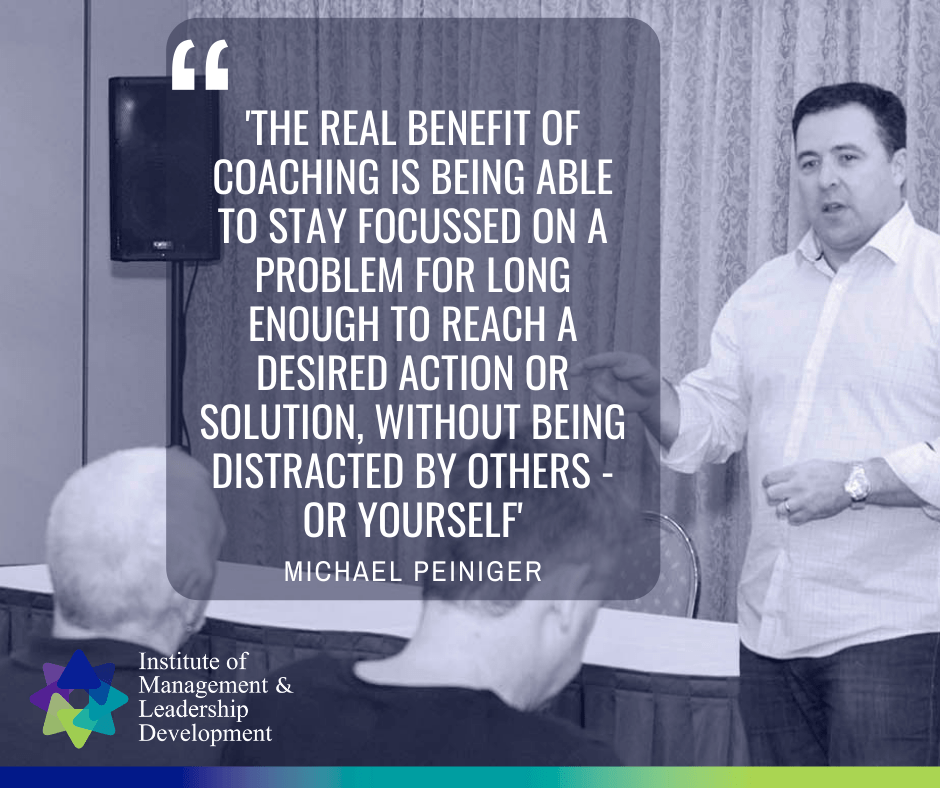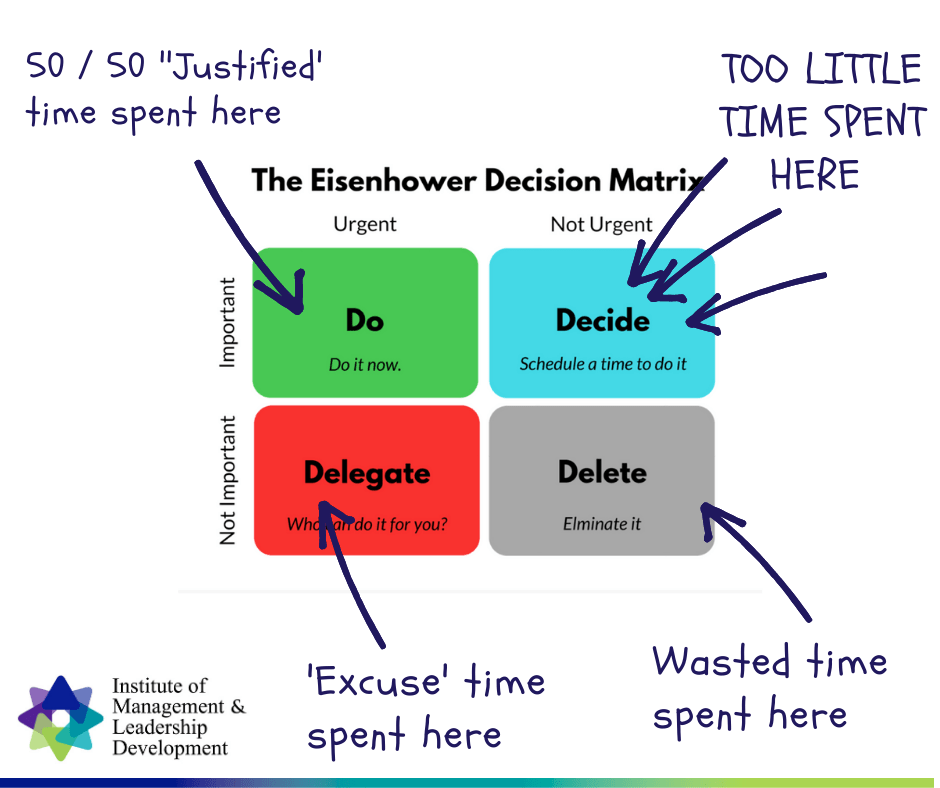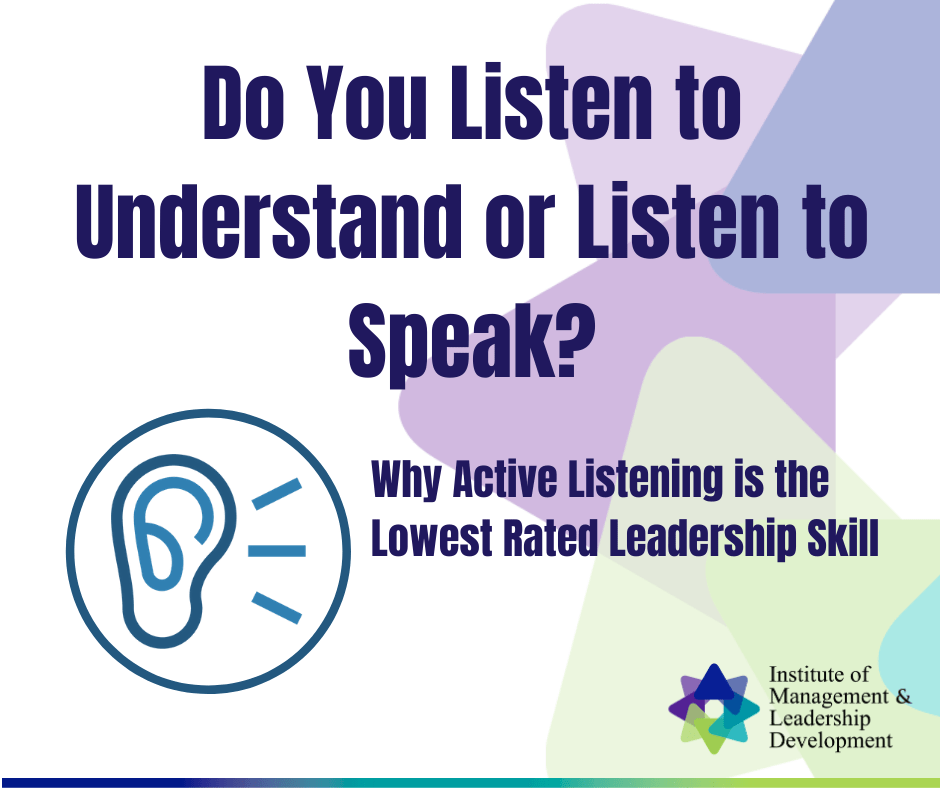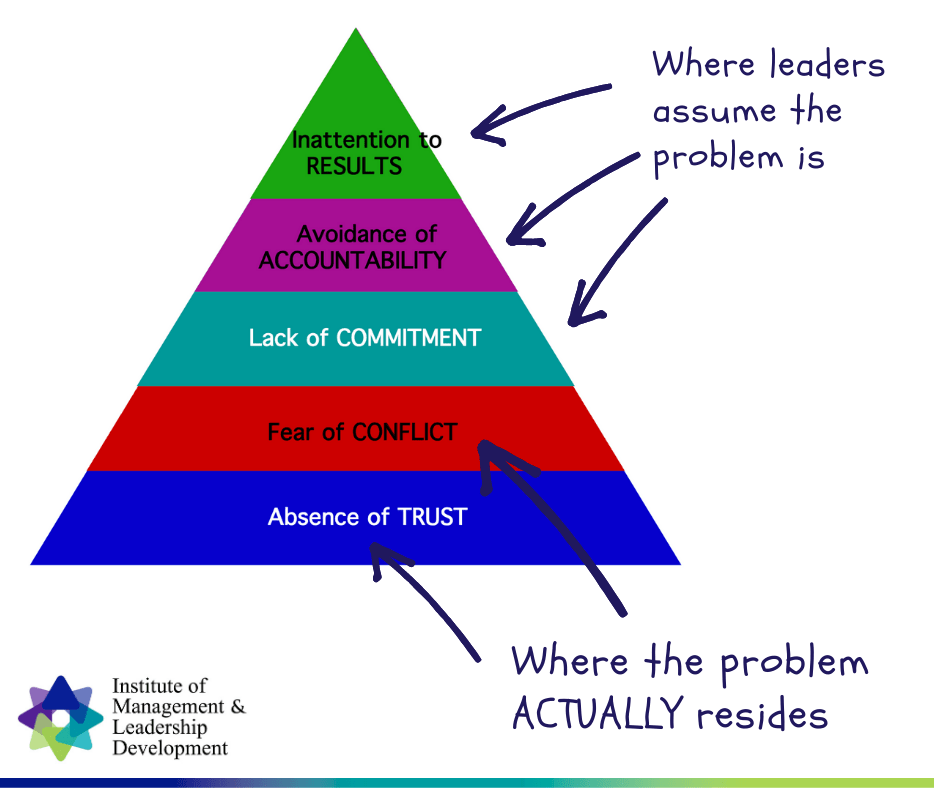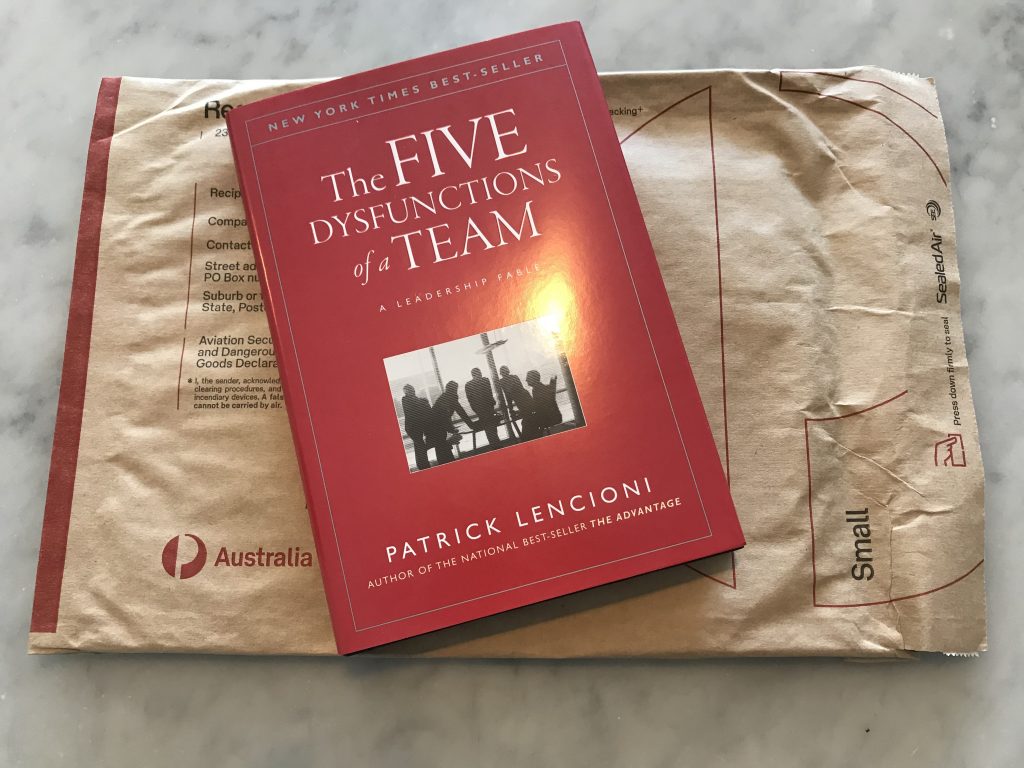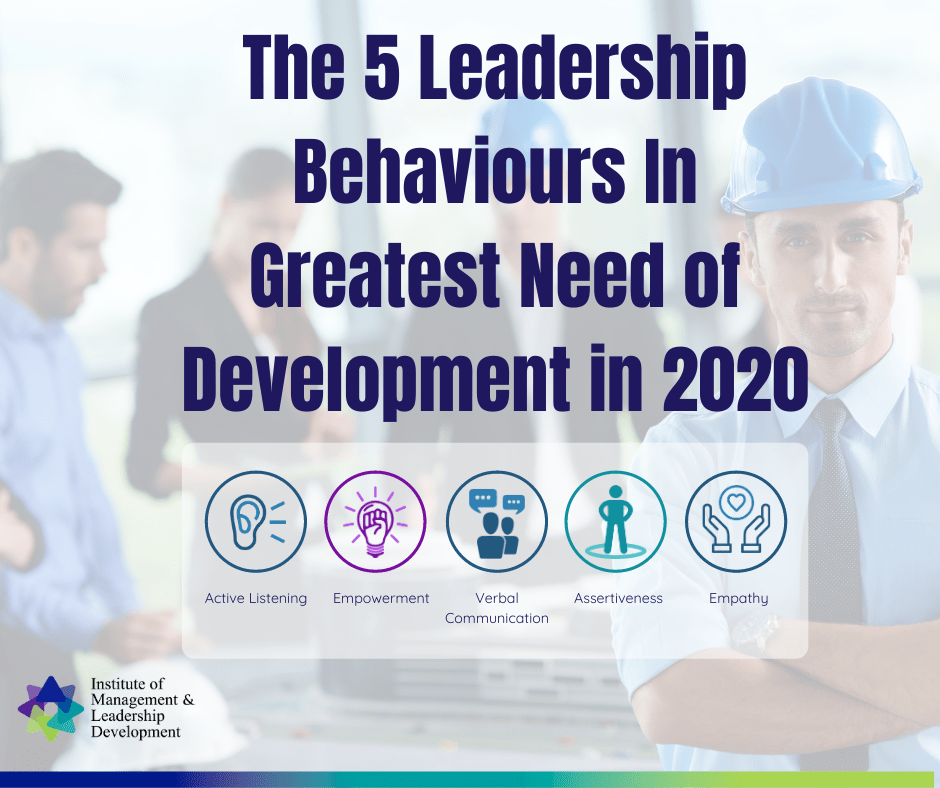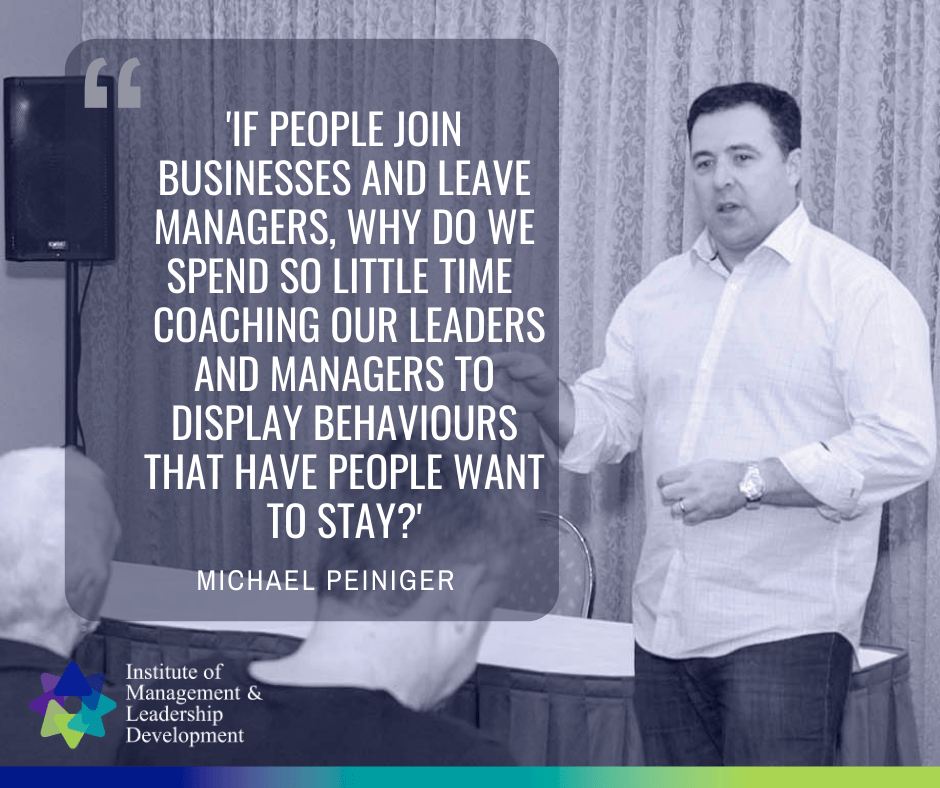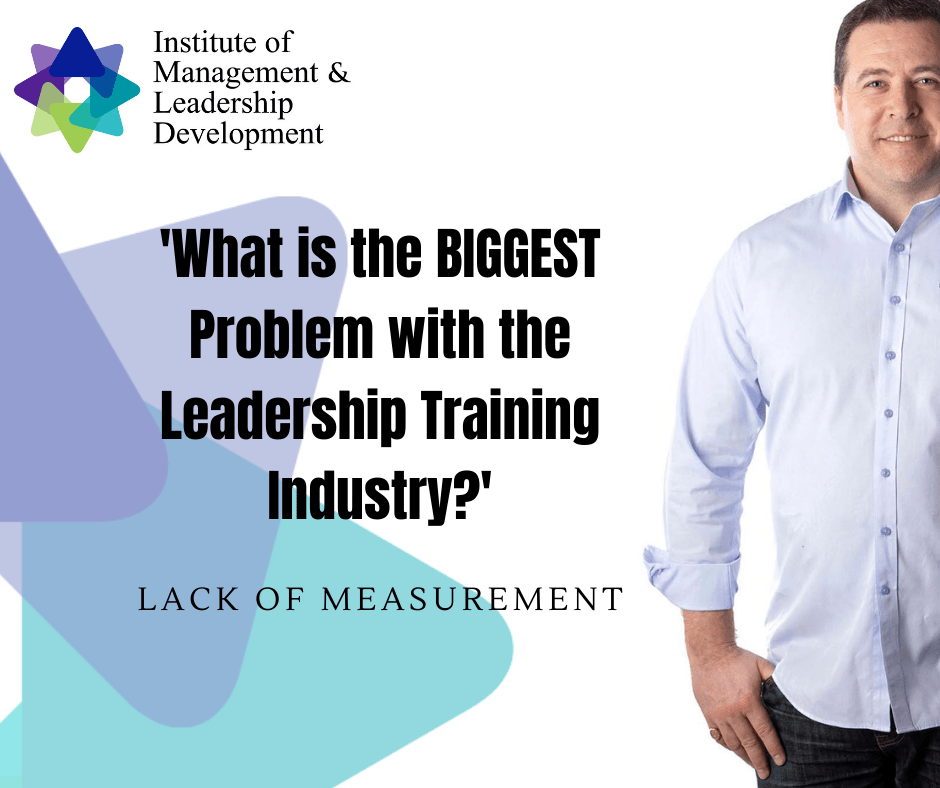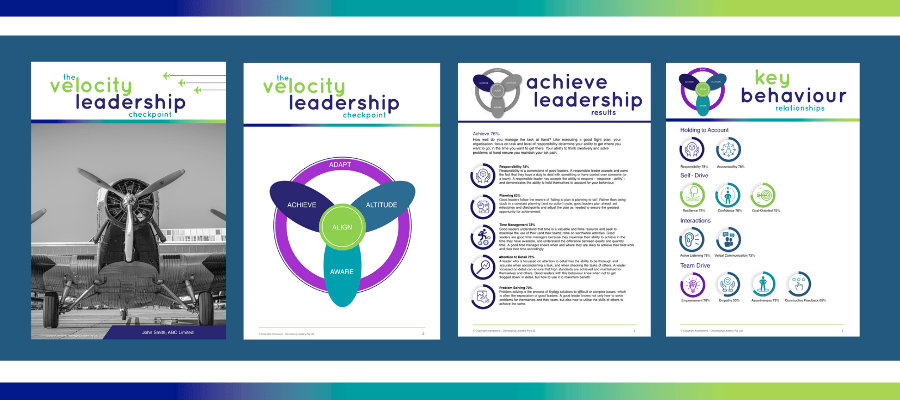Is busyness preventing your leadership from changing for the better? What are you too busy to change? Sometimes the answer to solving a problem is right in front of us, if only we didn’t ‘filter’ it out and not see it in a state of constant busyness.
When you see this image, what process, system or project in your business / life did you see? This was a question we asked recently in our Executive Leadership Program, and followed up one-on-one in some Executive Leadership Coaching sessions. As highlighted in this recent Forbes article, many leaders have made themselves so busy that they can’t win.
For me, it was a broken task / project management system for completing work. 3 or 4 different systems for allocating and completing work, none that works together – in fact all very quick, short terms fixes to the previous bad system! I had known about this for months but was always ‘too busy’ to fix it properly. My excuse was that ‘it would take too long’, ‘I’ll need to run two systems until I transfer to one’ (despite using 4!), ‘there is more important work to do’ – all excuses seeking to avoid dealing with a problem of my making, that was negatively impacting me.
What Leadership Opportunities For Improvement Are You Avoiding?
So what problem / system or process are you avoiding fixing?
What problem are you ‘too busy’ to fix that impacts you daily?
Trust me – on the other side of dealing with that problem is a far better process – coupled with greater piece of mind.
#avoiding #leadership #change #leadershiptraining #leadershipdevelopment #developingleaders #IMLD



